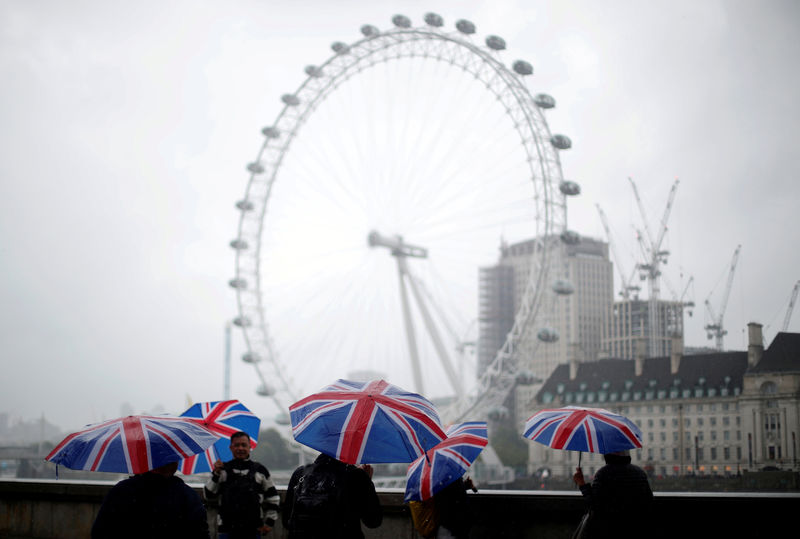By David Milliken
LONDON (Reuters) - Britain received a record number of foreign visitors in the second quarter of 2017, and the number of Britons making trips abroad reached an all-time high for the time of year, official figures showed on Friday.
Some 10.75 million foreigners visited Britain for tourism or other purposes between April and June, 8 percent more than during 2016 and the most for any calendar quarter since records began in 1980, the Office for National Statistics said.
Britons made 19.09 million overseas trips during the same period, 1 percent more than in 2016 and an all-time high for the time of year, though less than in the peak July-September period which covers schools' summer holidays.
Sterling's fall against the U.S. dollar and the euro since June 2016's vote to leave the European Union has made Britain a cheaper place for foreign visitors.
There was a 20 percent increase in tourism - which accounts for just under half of visits - while business trips fell by 4 percent and those to see family and friends were little changed.
An ONS statistician said there was no evidence in the data that militant attacks in London and Manchester earlier in the year had deterred visitors.
Visits from North America were 29 percent higher than in 2016 at 1.47 million, though the number of visitors from Europe was up a much more modest 3 percent at 7.73 million.
Howard Archer, an economist for consultants EY ITEM Club, said North American visits had been "clearly buoyed" by the pound's weakness against the dollar.
British tourism promotion agency VisitBritain said it had revised up its forecasts for visitor numbers this year, and that flight bookings pointed to a 9 percent rise in visitors for the July-September period.
"This continued growth demonstrates the industry's increasing importance as a key driver of economic growth," VisitBritain's director, Patricia Yates, said.
Overall, visitors to Britain spent 6.23 billion pounds ($8.03 billion) in the three months to June, 8 percent more than in 2016, while Britons' spending abroad increased by 2 percent to 11.25 billion pounds.

Britons made fewer trips to North America and western Europe, while visits to eastern Europe and other parts of the world rose.